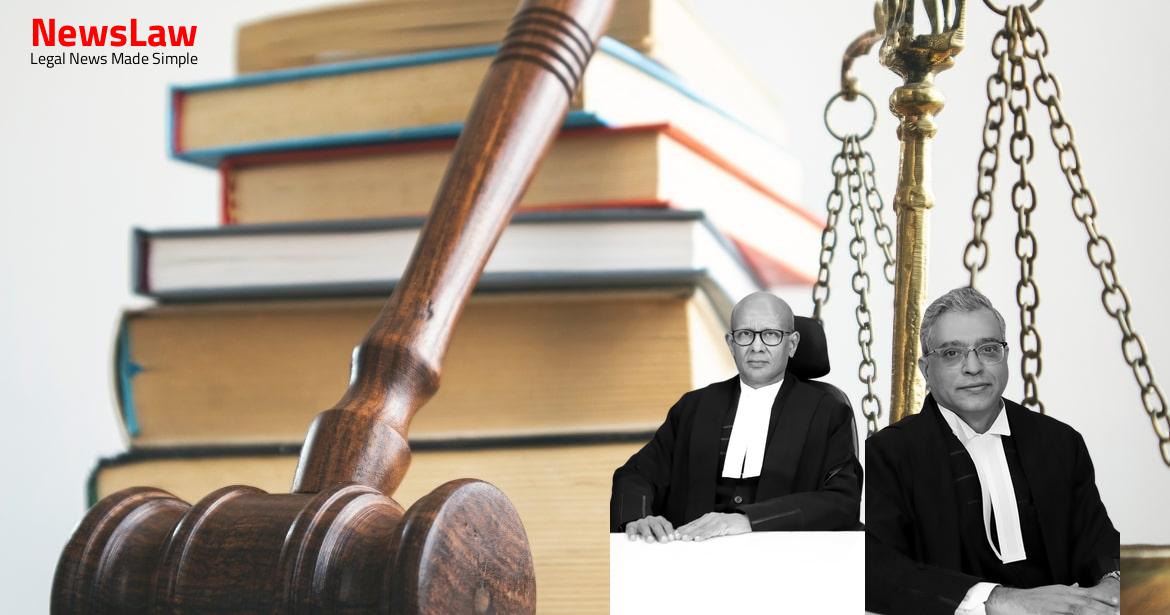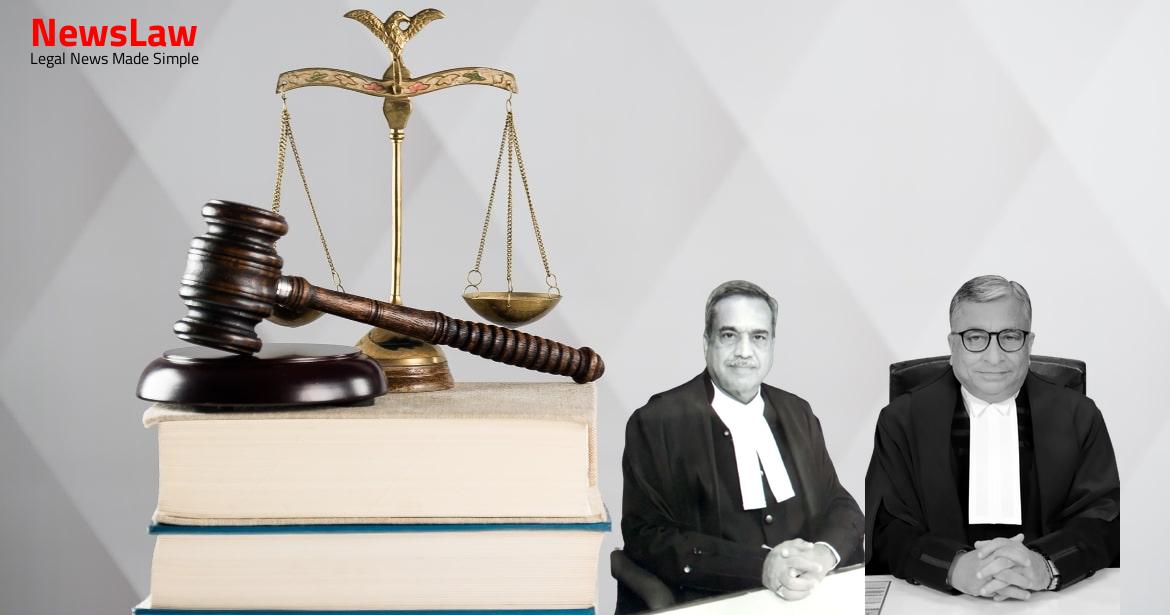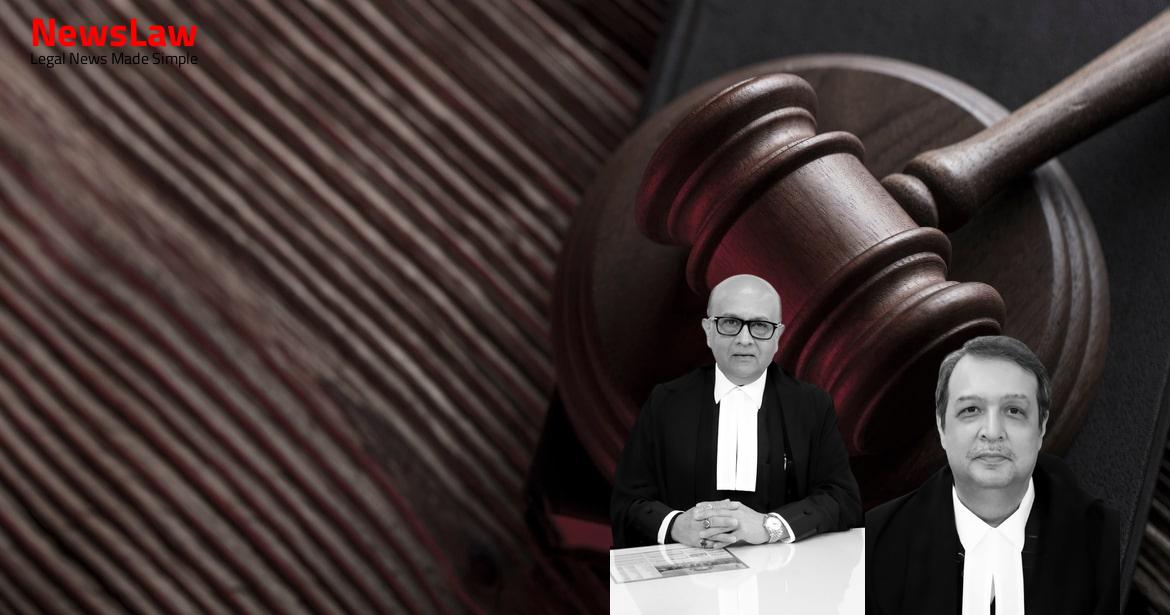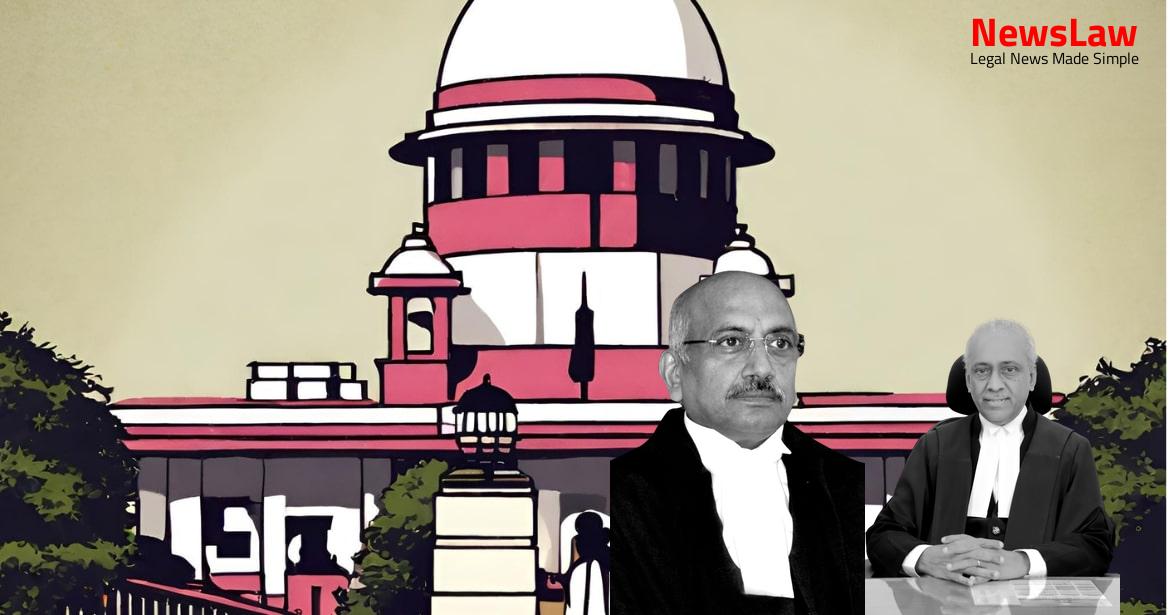A significant case was brought before the Supreme Court of India regarding the nomination of 10 persons with special knowledge in municipal administration to the Delhi Municipal Corporation. The dispute involved interpretations of the statutory duties of the Lieutenant Governor of NCTD as per the Delhi Municipal Corporation Act. The judgment provides clarity on the Lt. Governor’s discretion in nominations, without being bound by the aid and advice of the Council of Ministers. Read on to learn more about the ruling on this matter.
Facts
- Government of NCTD filed a writ petition challenging the nominations made by the Lt. Governor without following the ‘aid and advice’ of the Council of Ministers.
- Dr. Abhishek Manu Singhvi argued that the Lt. Governor can only act at his discretion when expressly permitted by law or when no other interpretation is possible.
- He referred to Article 239AA and Section 41 of the Government of National Capital Territory Act of 1991, stating that these provisions mandate the Lt. Governor to act on the ‘aid and advice’ of the popularly elected Government.
Also Read: Judicial Review in Slum Rehabilitation: Supreme Court’s Landmark Ruling
Issue
- Issue: Interpretation of Section 3(3)(b)(i) of the Delhi Municipal Corporation Act, 1957 regarding the power of nomination of 10 persons with special knowledge in municipal administration to the DMC by the Lieutenant Governor of NCTD.
- Question: Whether the Lieutenant Governor can exercise the power of nomination as a statutory duty attached to his office or he is bound by the aid and advice of the Council of Ministers of NCTD as provided in Article 239AA(4).
Also Read: Justice Served: High Court Judgement in Favor of Mr. K. Rajashekhara Reddy and Writ Petitioner
Arguments
- Argument presented by Mr. Singhvi emphasizing the importance of following past practice in the nomination of councillors by the Lt. Governor.
- Citing Constitution Bench decisions in State (NCT of Delhi) v. Union of India and Government of NCT of Delhi v. Union of India to support the argument.
- Mr. Jain, representing the Lt. Governor, did not dispute the interpretation of Article 239AA but focused on aligning the DMC Act with Part IXA of the Constitution related to ‘Municipalities’.
- Mr. Jain highlighted provisions of the GNCTD Act and DMC Act to demonstrate the distribution of powers among authorities.
- Mr. Jain argued that the Lt. Governor has the specific power to nominate persons under Section 3(3)(b)(i) without being bound by the aid and advice of the Council of Ministers.
Also Read: Clarification on Customs Duty Payment in Confiscation Proceedings
Analysis
- Section 3(3)(b)(i) of the Delhi Municipal Corporation Act empowers the Lt. Governor to nominate persons with special knowledge for the Corporation.
- The power to nominate was vested in the Lt. Governor for the first time by the 1993 amendment to the DMC Act to align with the Constitutional changes through Articles 239AA and 239AB.
- The power of nomination is not a vestige of the past but a statutory duty in the current context.
- The power is to be exercised as a statutory duty of the Lt. Governor and not as the executive power of the Government of NCTD.
- The power of nomination is not guided by the aid and advice of the Council of Ministers but is to be exercised at the Lt. Governor’s own discretion as mandated by the Act.
- The analysis reveals a statutory scheme where powers and duties are distributed among different authorities under the Act to serve the constitutional purposes effectively.
- The 2023 decision of the Constitution Bench reaffirmed the unique position of NCTD as per the 2018 decision.
- NCTD’s Legislative Assembly has competence to make laws for all matters in List II and List III (except entries 1, 2 & 18 of List II).
- The Union has executive power over matters related to entries 1, 2 & 18 of List II, but NCTD has executive power over all matters in List II and List III (except entries 1, 2 & 18 of List II).
- Article 239AA(3)(b) gives Parliament legislative power for all matters in Lists II and III.
- Article 239AA(3)(c) states that if Parliament makes laws, any NCTD Legislative Assembly law conflicting with it will be void to the extent of repugnancy.
- Paragraphs 22 to 27 of the 2023 judgment by Chief Justice Dr. D.Y. Chandrachud were significant.
- Principles from cases like Samsher Singh v. State of Punjab and Nabam Rebia and Bamang Felix v. Deputy Speaker, Arunachal Pradesh Legislative Assembly were relied on to emphasize that the Lt. Governor’s satisfaction in the cabinet system is the satisfaction of his Council of Ministers.
- Law made by the Parliament shall prevail over any law made by the Legislative Assembly of NCTD, to the extent of repugnancy.
- Section 33 relates to the duty to decide if any councillor has become subject to disqualification.
- Section 3(3)(b)(i) states that the Lt. Governor has discretion in nominating a Councillor.
- Section 82 gives the Lt. Governor the power to decide the time, place, and procedure of the first meeting of the Corporation after General Elections.
- The Lt. Governor will act in his discretion as required by or under any law, based on Article 239AA(4).
- Section 73 relates to the duty of the Administrator to convene the first meeting of the Corporation after the General Elections.
- Section 77 prescribes the duty of the Administrator to nominate a Councillor.
- Municipal administration in Delhi is governed by the DMC Act enacted by the Parliament in 1957.
Decision
- The notifications dated 03.01.2023 and 04.01.2023 by the Lt. Governor are not in violation of Article 239AA read with Section 41 of the GNCTD Act.
- Writ Petition (C) No 348 of 2023 under Article 32 of the Constitution of India is dismissed.
- No costs are ordered.
Case Title: GOVERNMENT OF NCT OF DELHI Vs. OFFICE OF LIEUTENANT GOVERNOR OF DELHI (2024 INSC 578)
Case Number: W.P.(C) No.-000348 – 2023



